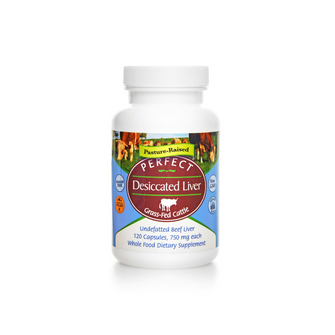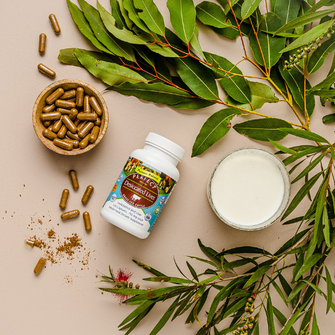Folate And Folic Acid
We all know that vitamins are one of the most essential nutrients, and vitamin B and C are water-soluble vitamins required by a number of processes by the human body.
Understanding folate and folic acid:
Folate and folic acid are two forms of water-soluble B vitamin. Folate is nothing but a naturally occurring form of Vitamin B9. Vitamin B9 is found in spinach leaves and hence named ‘folic acid’ after the Latin word ‘folium’ meaning foliage.
The metabolically active form is tetrahydrofolate. Free folate is mainly absorbed in the ileum and then enters the portal system and is carried to the liver. The vitamin is lost by heat and light, so the best source is raw vegetables.
- It is necessary for DNA synthesis
- It is required for the formation of matured red blood cells
- It helps in cell division
- It plays an important role in amino acid metabolism
Difference between folate and folic acid
Folate:
Folate, formerly known as folacin, is the naturally-occurring form of vitamin B9. Its active form is levomefolic acid or 5-methyltetrahydrofolate (5-MTHF).
The digestive system works upon vitamin B to convert it back to its active form, 5-MTHF. Your body also needs folate for your cells to divide.
Folic acid:
Folic acid is the synthetic form of vitamin B6. Folic acid is needed for the proper development of the human body. It is involved in producing the genetic material called DNA and in numerous other bodily functions.
Some people apply folic acid directly to the gum for treating gum infections. Folic acid is often used in combination with other B vitamins.
If your body, since each individual takes it in a different way, doesn’t react well to consuming liver or liver supplements, there are many more alternatives to folic acid including methyl supplements and organic whole foods.
Why is liver a great source of folate?
Beef liver is rich in vitamin A, vitamin B12, and copper. In addition to that, it even contains protein approximately 85 grams per serving. Along with supplementing your diet with the required folate, beef liver can also meet your daily requirements of these minerals as well.
Protein plays a huge role in the repair, development, and maintenance of tissues, enzymes, and hormones in the human body. And hence, it is quite crucial to look after your protein intake too. Given these multiple advantages, liver should be included more often in the diet as it is an excellent source of vitamin B12, folate and folic acid, iron and other important vital nutrients.
Benefits
Prevention of neural tube defects
Birth defects that affect the brain and spinal cord, also known as neural tube defects, have also been linked to inadequate folate intake. Since the neural tube development occurs during early pregnancy, adequate folate status even before pregnancy is important.
So folate supplements before and during pregnancy have been associated with a reduced incidence of neural tube defects. Children of women who supplement with folate before and throughout pregnancy are born with significantly lower rates of these defects.
Helps in heart disease
Various research studies have shown that taking folic acid over the years reduced the risk of cardiovascular disease by 4%. Folate-rich diets were associated with reduced risk of cardiovascular diseases by lowering blood levels of homocysteine as folate is essential for the synthesis of homocysteine from methionine.
Folate and cancer
High intakes of folate have also proven to be a tough barrier against various forms of cancer affecting the gut, pancreas, breasts, and lungs.
In addition to that, low folate levels also lead to weak and unstable DNA which can culminate in cancerous tumours in the long run.
Important Note:
It's important to mention that natural folate gained from eating whole foods is very different to ADDED folate which can be found in many grain-based products, even foods that would appear to be healthy (like boxed cereals you find on supermarket shelves) the added folate in cereals like this is actually toxic to those with an MTHFR problem.
Summing it up:
Both folate and folic acid are two equally important forms of vitamin B9 that are required by the body.
Therefore, if you’re looking to get some more vitamin B in your body, maybe considering liver supplements could be a great option?
Important to Note:
While their deficiencies can have severe effects on a person’s health, their overdose is also not recommended.
Having said that, folate and folic acid also play equally important roles in human health. There are liver supplements too which work in favour of pregnancies, macrocytic anemia, and more conditions like these but one must always discuss anything supplement-related with their trusted health practitioner.
Disclaimer:
This article is only intended as information and not health advice. It is not intended to treat, diagnose, prevent or cure anything and one should always talk with their trusted health practitioner for any health advice.
References:
https://www.healthline.com/nutrition/folic-acid-vs-folate#section6
https://www.webmd.com/vitamins/ai/ingredientmono-1017/folic-acid






